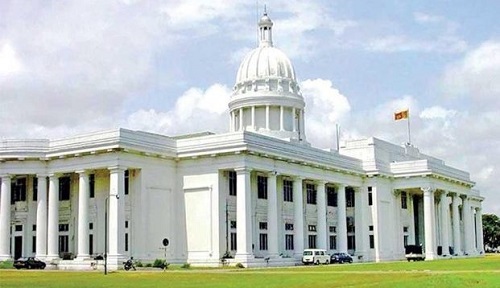
By Gamini Abeywardane
A curious controversy is unfolding in Sri Lankan politics. Opposition politicians, usually the first to champion democratic principles, are now raising a ruckus over the use of the secret ballot — one of democracy’s most sacrosanct mechanisms for expressing individual will.
The uproar stems from the recent use of secret ballots to elect mayors and chairpersons of local government bodies, most notably the Mayor of Colombo. Traditionally, secret ballots are regarded as the gold standard in representative democracy, allowing individuals to vote according to their conscience, free from coercion or undue influence.
Yet in Sri Lanka’s increasingly toxic political climate, even this fundamental democratic practice has become a target. Local government commissioners, who merely oversaw the inaugural meetings of these councils and permitted the use of secret ballots, have found themselves vilified in partisan attacks.
Ironically, the same secret ballot is accepted without question when electing the President, Members of Parliament, or even the Speaker of the House. Why then, should its use at the local level suddenly become problematic?
In a system where political expediency often trumps principle, the answer is simple: in Sri Lanka’s deeply polarized politics, even democratic tools are deemed acceptable only when they serve one's own agenda. When in opposition, even the most impartial processes can be painted as illegitimate — if the outcome isn't favorable.
Subscribe to our newsletter to get notification about new updates, information, etc..